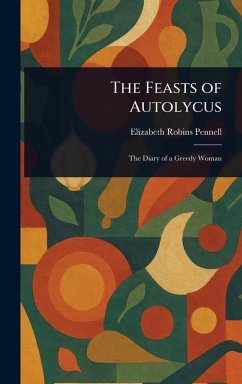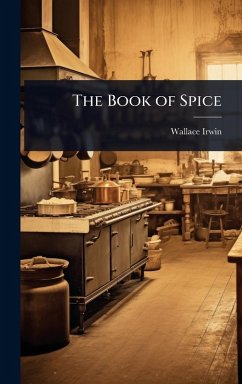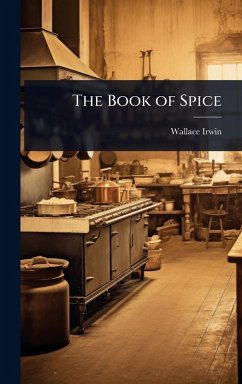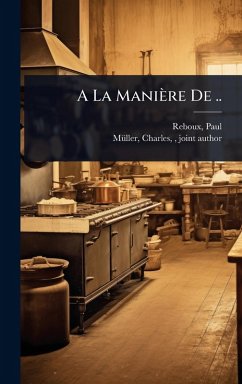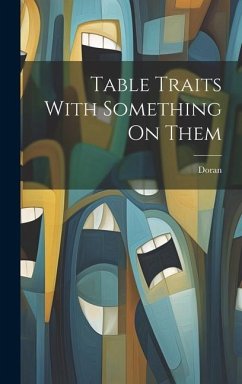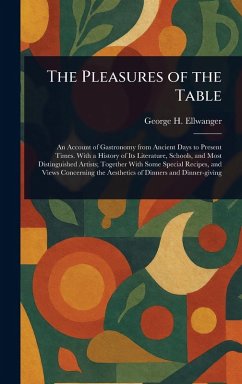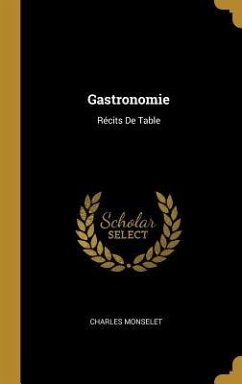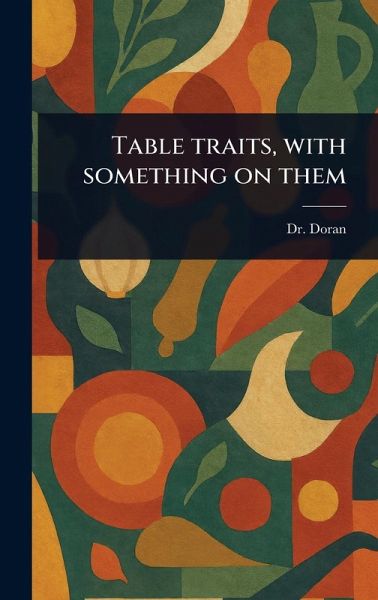
Table Traits, With Something on Them
Versandkostenfrei!
Versandfertig in über 4 Wochen
34,99 €
inkl. MwSt.
Weitere Ausgaben:

PAYBACK Punkte
17 °P sammeln!
Explore the fascinating history of dining with Dr. John Doran's "Table Traits, with something on them," a delightful exploration of gastronomy and social customs. This meticulously prepared republication offers a captivating glimpse into the evolution of food culture, etiquette, and table manners. Journey back in time and discover the origins of dining customs we often take for granted. From the evolution of table settings to the nuances of proper behavior, Doran's essays provide a humorous and insightful look at the social history of food. Whether you are interested in food history, or simply...
Explore the fascinating history of dining with Dr. John Doran's "Table Traits, with something on them," a delightful exploration of gastronomy and social customs. This meticulously prepared republication offers a captivating glimpse into the evolution of food culture, etiquette, and table manners. Journey back in time and discover the origins of dining customs we often take for granted. From the evolution of table settings to the nuances of proper behavior, Doran's essays provide a humorous and insightful look at the social history of food. Whether you are interested in food history, or simply enjoy a witty narrative, "Table Traits, with something on them," promises a savory read. This classic work offers a unique perspective on the intersection of food and society. This work has been selected by scholars as being culturally important, and is part of the knowledge base of civilization as we know it. This work is in the public domain in the United States of America, and possibly other nations. Within the United States, you may freely copy and distribute this work, as no entity (individual or corporate) has a copyright on the body of the work. Scholars believe, and we concur, that this work is important enough to be preserved, reproduced, and made generally available to the public. We appreciate your support of the preservation process, and thank you for being an important part of keeping this knowledge alive and relevant.





